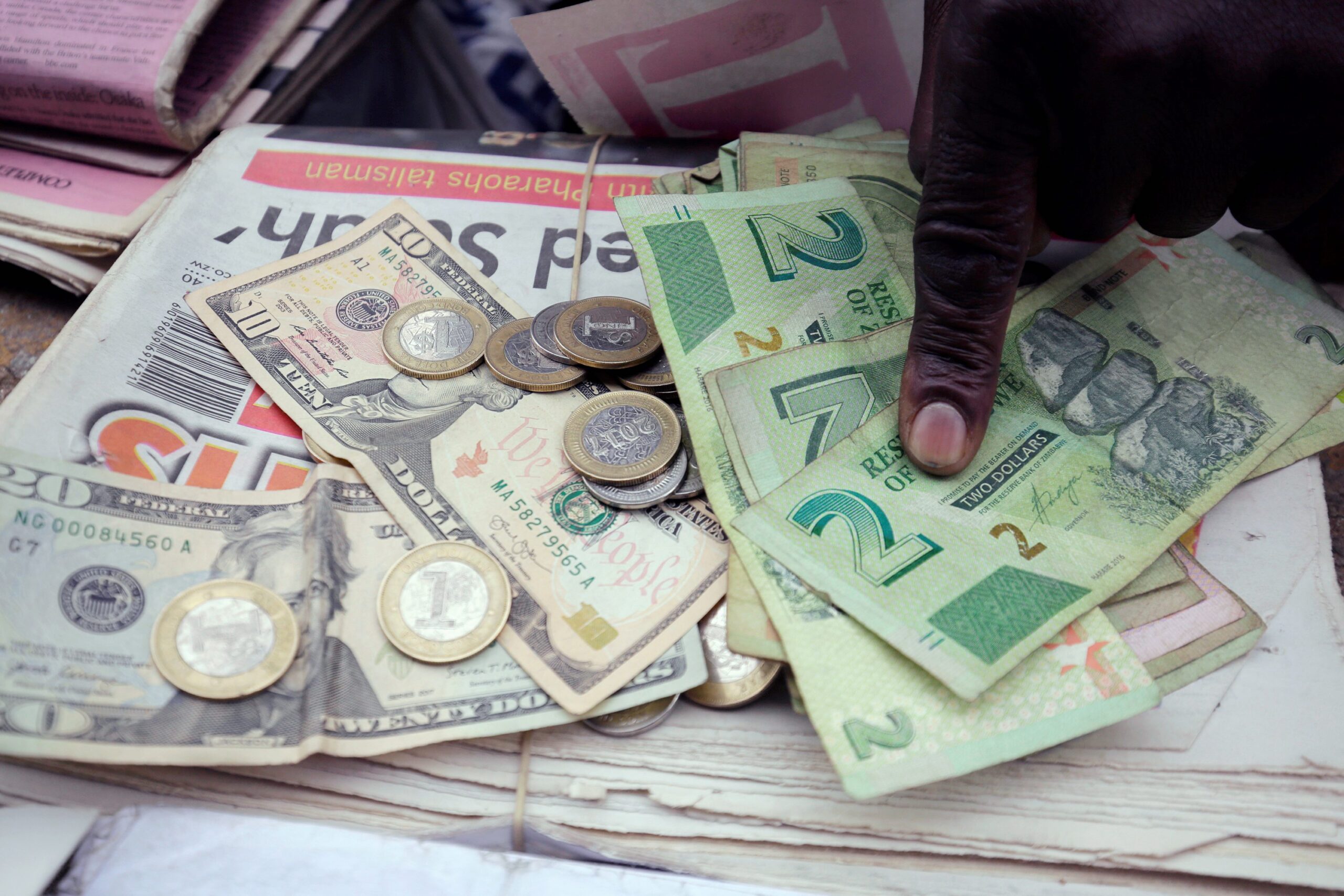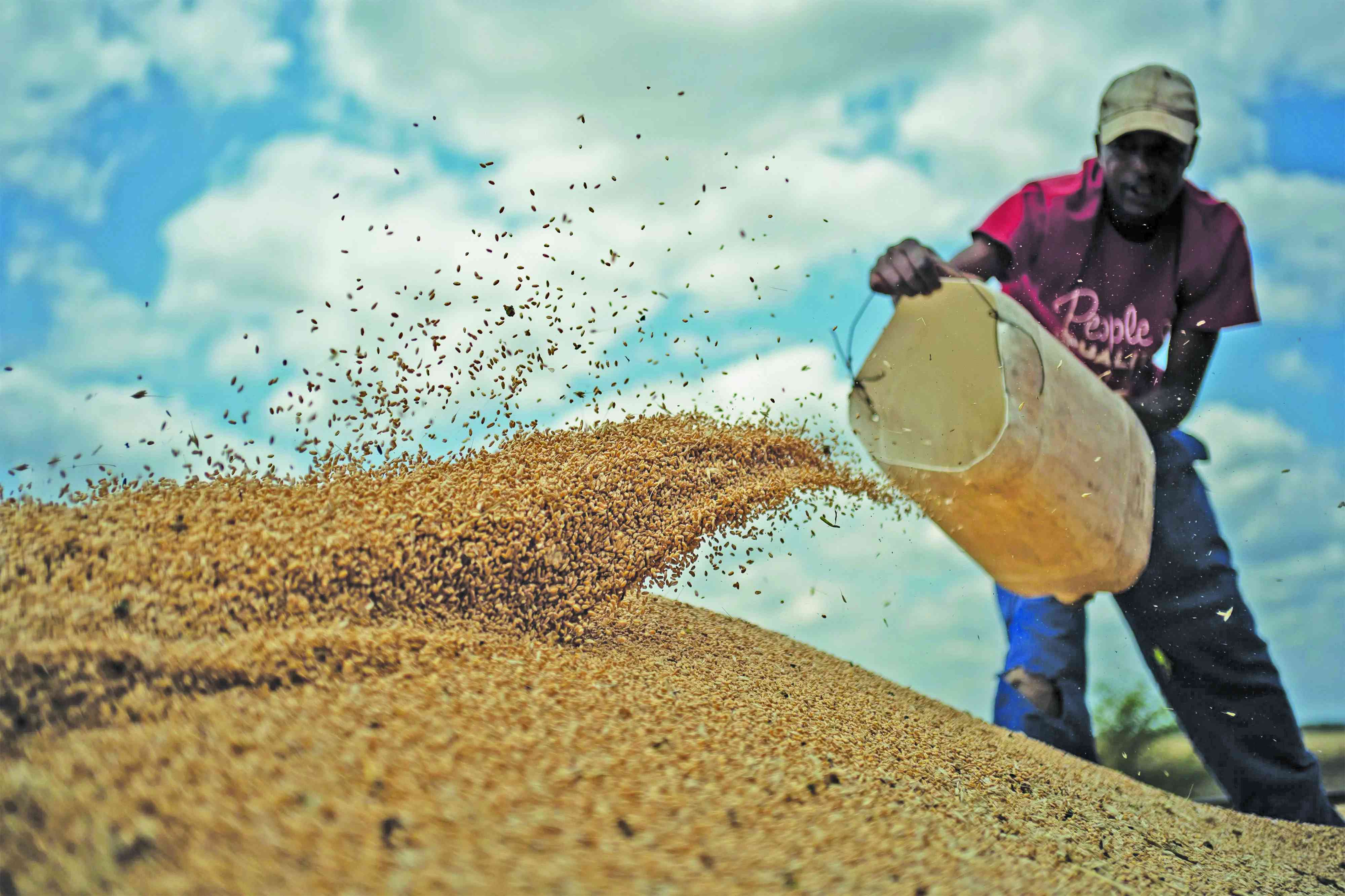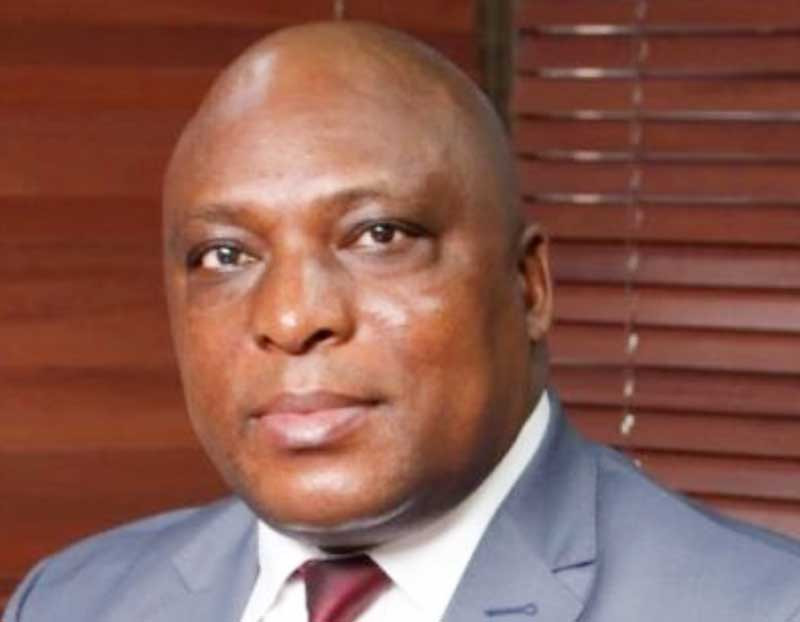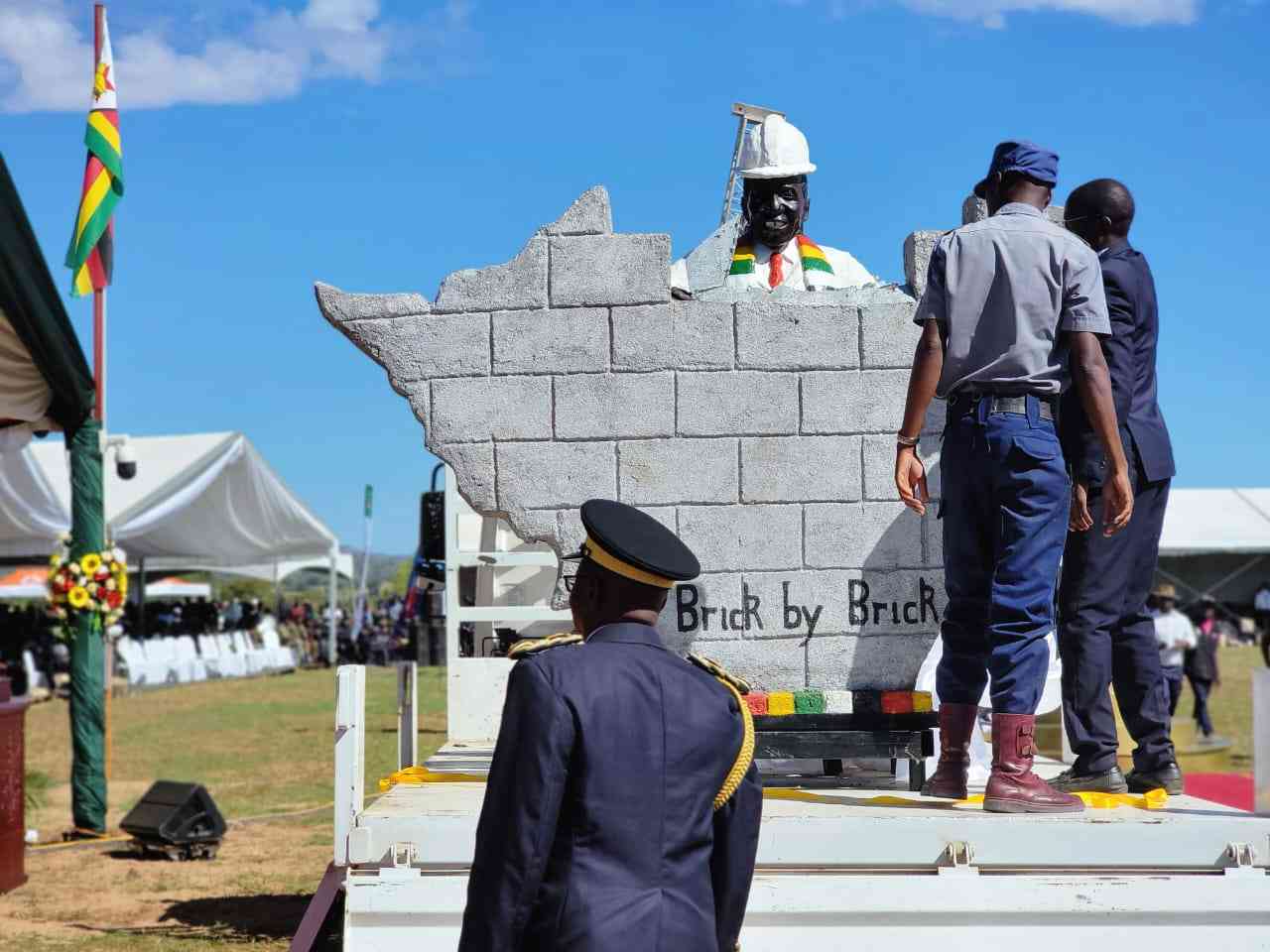
THE Zimbabwe government has created three arbitrages in the economy in the foreign currency, fuel and gold sectors.
The first one it created was the forex auction market which it reintroduced in June 2020.
The forex auction uses a controlled exchange rate from the central bank despite the local currency attracting a higher premium on the parallel market.
Currently, the forex auction rate stands at US$1:$416,28, yet, the alternative black market rate is higher at US$1:$900.
Due to this disparity, successful bidders can take the foreign currency they win on the auction, sell it on the alternative market and make double the amount of Zimbabwe dollars.
That amount can then be used to buy double the amount of US dollars that they initially got. The process has already been confirmed to be happening, with several threats having been issued by the Reserve Bank of Zimbabwe to those responsible.
The responsible parties are making use of the alternative forex rate by selling their goods using the parallel forex market and using those funds to cheaply buy the greenback at the auction.
The second arbitrage created is in the fuel sector.
- Chamisa under fire over US$120K donation
- Mavhunga puts DeMbare into Chibuku quarterfinals
- Pension funds bet on Cabora Bassa oilfields
- Councils defy govt fire tender directive
Keep Reading
In the fuel sector, ordinary citizens mostly purchase the precious liquid at US$1,76 and US$1,61 per litre of diesel and petrol, respectively.
However, last year, the government allowed select fuel stations to sell the precious liquid in the local currency at a current $727 and $667,43, per litre of diesel and petrol, respectively.
Now, this would not really matter if the government authorised all the several hundred fuel outlets nationwide to sell petrol and diesel in local currency, instead, they only allowed 57.
This fuel is mostly available to politicians, government officials and select civil servants.
So, how does the arbitrage happen?
If someone converts the greenback using the parallel forex rate of US$1:$900, a motorist can buy 2,05 litres of either petrol or diesel.
The motorists can even sell this fuel illegally or legally via the US dollar fuel outlets.
The latest arbitrage to be created are gold coins, released on Monday.
The Reserve Bank of Zimbabwe (RBZ) released the coins to mop up excess liquidity and provide an alternative store of value to the greenback that is seeing record demand.
The gold coins, called the “Mosi-oa-Tunya”, were selling at US$1 823,80 on Monday.
Using the parallel market rate, selling the gold coin in US dollars translates to $1 550 230 in the local currency, meaning, with just a top up of $61 260,70 a person can purchase two gold coins in local currency.
This is because in Zimbabwe dollars, the gold coins are priced according to the official forex rate of US$1:$900.
So, on these two precious commodities, fuel and gold, a person can walk away with double the amount and decide to profit off the extra.
And make double US dollars through the forex auction.
Now, the question arises why the RBZ is allowing such arbitrages to exist?
Well, the only thing we can come up with is a closer look into these sectors and you will find linkages of questionable people, businesses and politicians.
Based on this, we are sure that if we dig deeper, a lot of people and companies involved with one another will be operating in all of these sectors in one capacity or other.
Government’s insistence on keeping such arbitrage opportunities will have to be paid by someone: the public. The government is already supporting the sale of fuel in local currency and is injecting cash into the forex auction.
What remains to be seen is how it will cover the discounted gold coin price.
Government should quickly turn away from these arbitrages because it is broke and is in no position to offer subsidies, whatever form they are.











